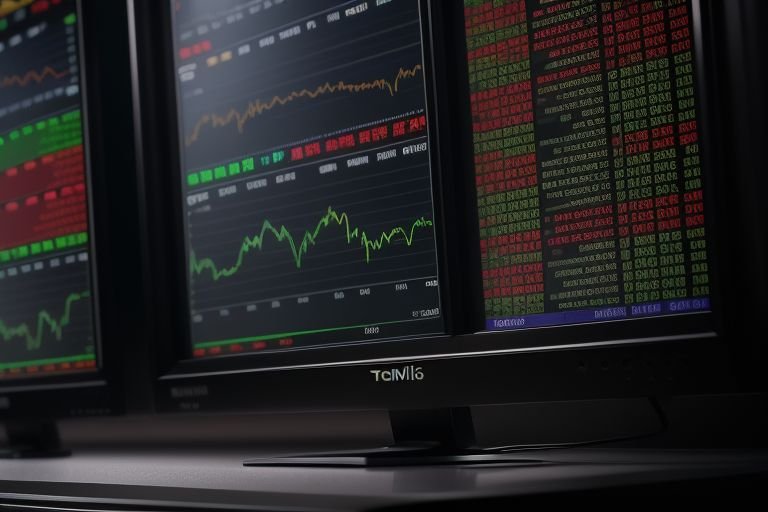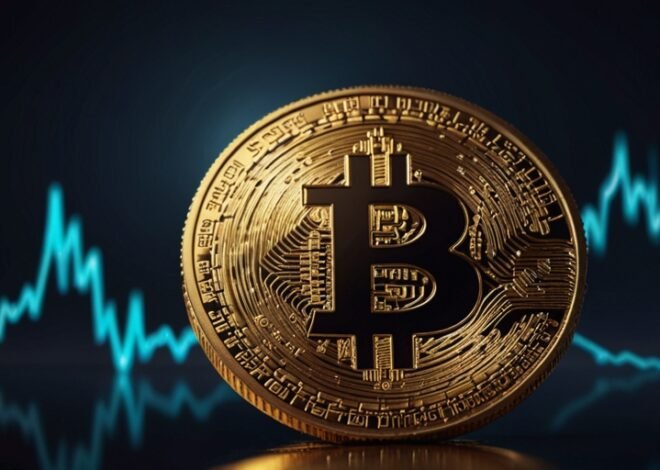
Global Markets Rally as Tech Stocks Surge and Inflation Concerns Ease
World equity markets advanced on Thursday with major benchmarks closing at record highs boosted by information technology shares and calming inflation fears. S&P 500 and Nasdaq Composite both rose to record highs due to the good show by technology shares and upbeat economic indicators.
The S&P 500 was up 1% in the United States. 2% thereby ending the trading session at 5,123. 45 and the S&P 500 rose 0. 7% to 16,011. 68. The Dow Jones Industrial Average also increased by 0. 9 percent to leave them at 38,765. 32. Technology sector was again in focus and Nvidia Corporation was among the leaders extending its winning streak by 3%. 5% and it reached a new high figure. Other technology giants such as Apple, Microsoft and Amazon also appreciated greatly, thus providing an impetus to the overall market.
This was after the latest economic indicators pointed to a moderation in inflationary pressures, a factor that boost investor confidence. The U. S. Labor Department said that the final demand Producer Price Index (PPI) was up 0. 3% in August as compared to the expected 0. 4% rise. Together with the data on the CPI, published earlier, these numbers may indicate that inflationary pressures are decreasing, which may allow the Federal Reserve to be more liberal in its choice of monetary policy.
The positive mood was also reflected on European markets as the pan-European STOXX 600 index went up by 1 percent. 1% up to its highest level since February 2020. Germany’s DAX index rose 1. 3%; France’s CAC 40 and the UK’s FTSE 100 also rose by 0. 9%. Decision of the European Central Bank to retain the interest rates and its promise to be more responsive to the data was also positive for the investors.
In Asia, markets also went up, the Nikkei 225 in Japan by 1. 4% while Hong Kong’s Hang Seng index rose by 1%. 2%. The Chinese markets were slightly higher with the gain of the Shanghai Composite by 0. 3%, although investors continue to be skeptical to the possibility of the country’s recovery.
The strength in technology sector was not only restricted to the American giants but European and Asian technology companies also posted good gains. ASML Holding, the Dutch semiconductor equipment maker, increased 2. 5% and Taiwan Semiconductor Manufacturing Company (TSMC) was up 2. 1% in Taipei.
In the cryptocurrency market, Bitcoin went on with its recent upswing, which brought its price to $59,000 for a short while and then it stabilized at around $58,500 – the highest since November last year. The increase in the price of Bitcoin has been as a result of increase in institutional investors and anticipation on approval of Bitcoin ETFs in the United States.
Oil prices also increased with Brent crude futures increasing by 1. 2% to $84. 42 per barrel while West Texas Intermediate (WTI) crude rose by 1. 3% to $80. 95 per barrel. This was backed by a higher than anticipated decline in U. S. crude stockpile and a positive sentiment on the world economy.
Adobe Systems also said it posted better-than-expected quarterly results after the market close on Wednesday, with the stock rising 4%. 7% in after-hours trading. The good results by the software company especially in the digital media division to improve the mood in the technology space.
At the same time, IPO market remained active: Arm Holdings, the British chip designer, was preparing to start trading on Nasdaq. The company offered the IPO at $51 per share which gave the fir a value of approximately $54. 5 billion and becoming one of the biggest public offerings of the year.
Moving forward, investors will be looking out for any clues from the central banks as markets keep on processing the latest numbers on the economy and company earnings. The Federal Reserve meeting next week will be the focus with the market anticipating indications for possible interest rate cut next year.
On balance, the global equity markets are on an upward trend due to improving investors’ risk appetite towards economic expansion and reduced inflationary pressures. But analysts have warned that geopolitical factors and possible changes in the monetary policy may still bring about fluctuations in the course of the next few months.


